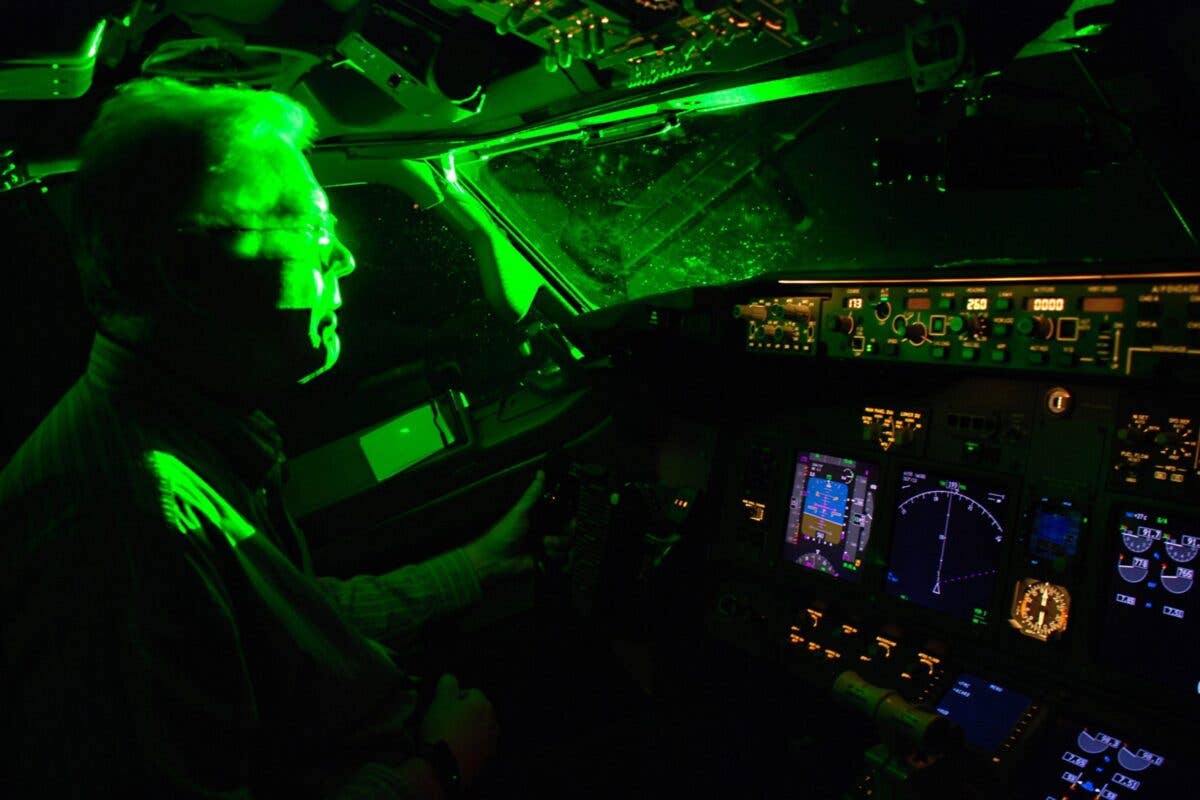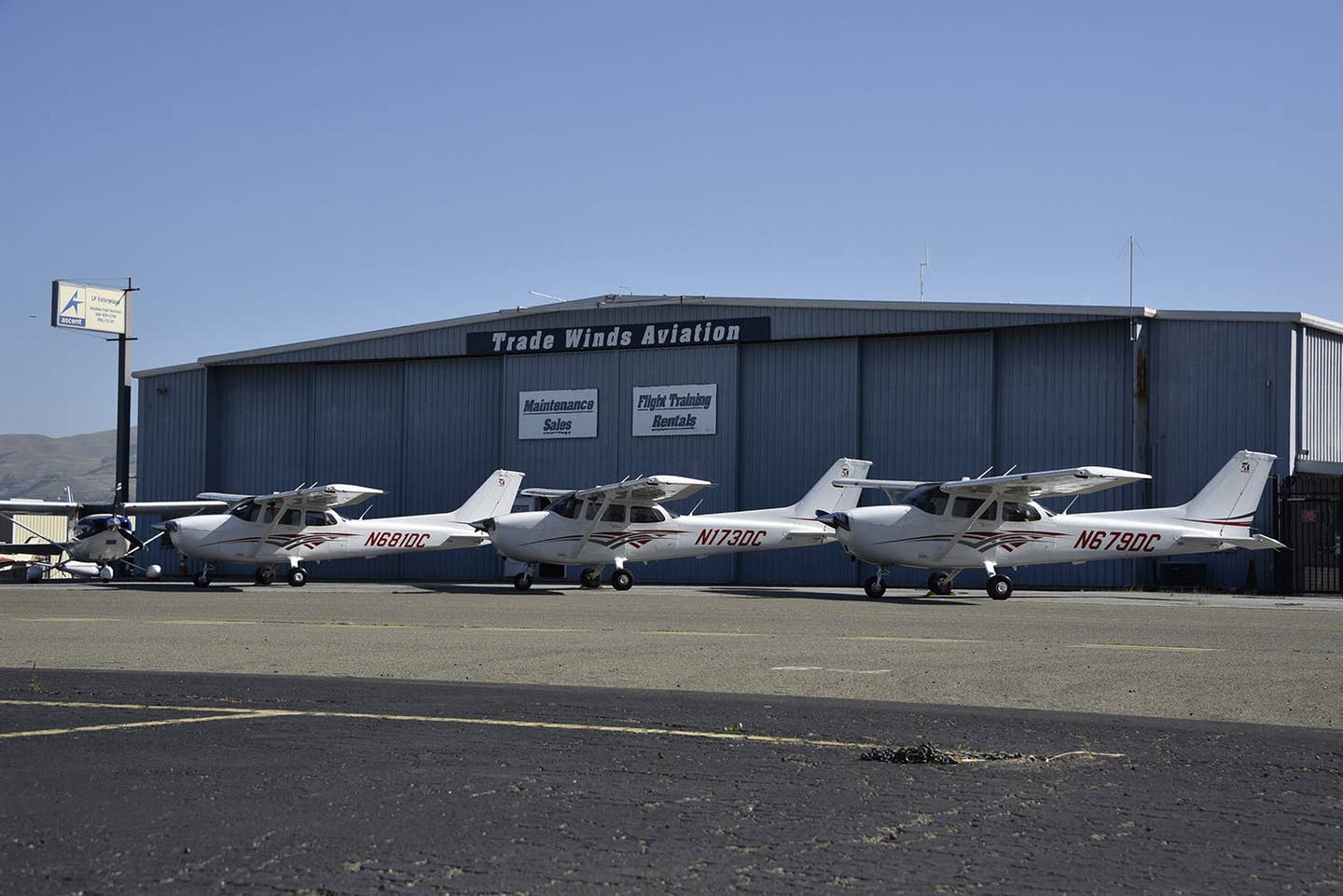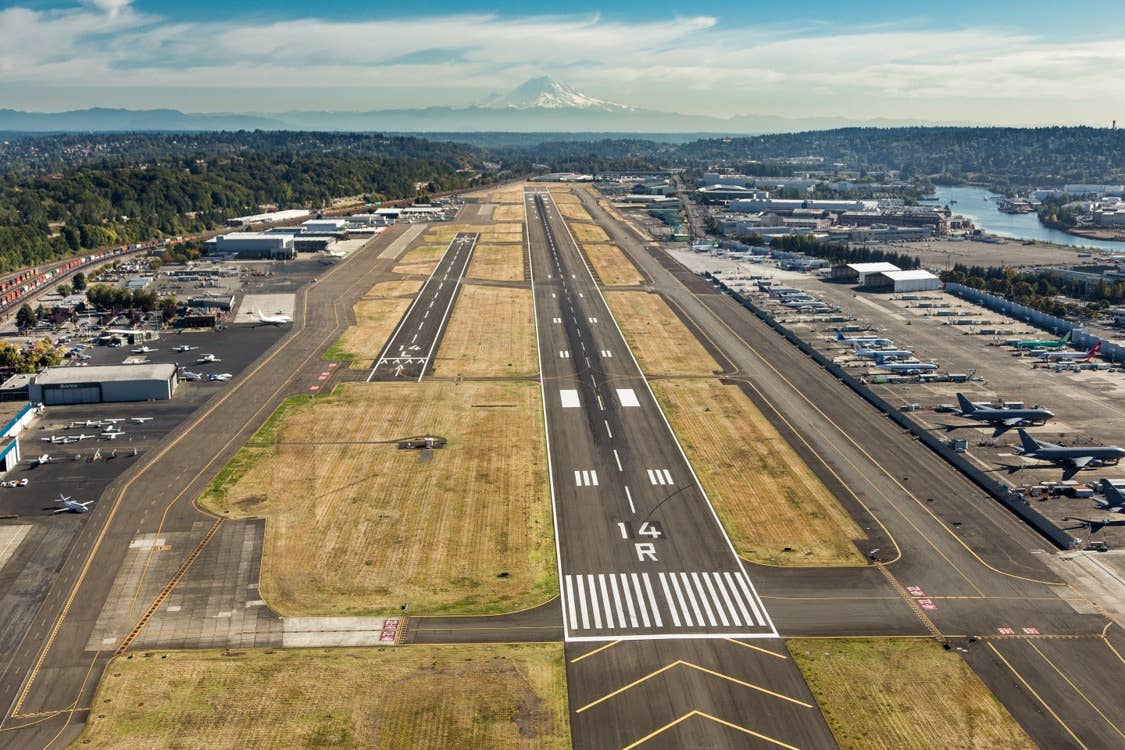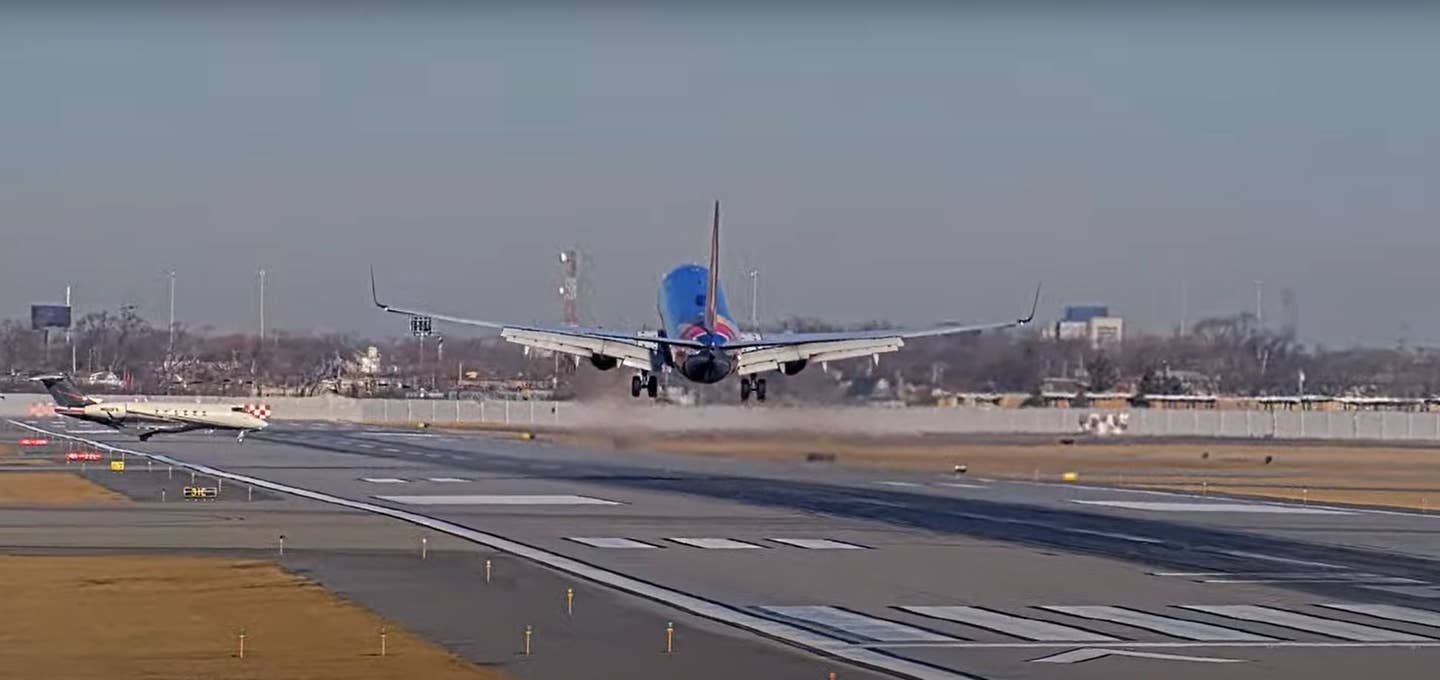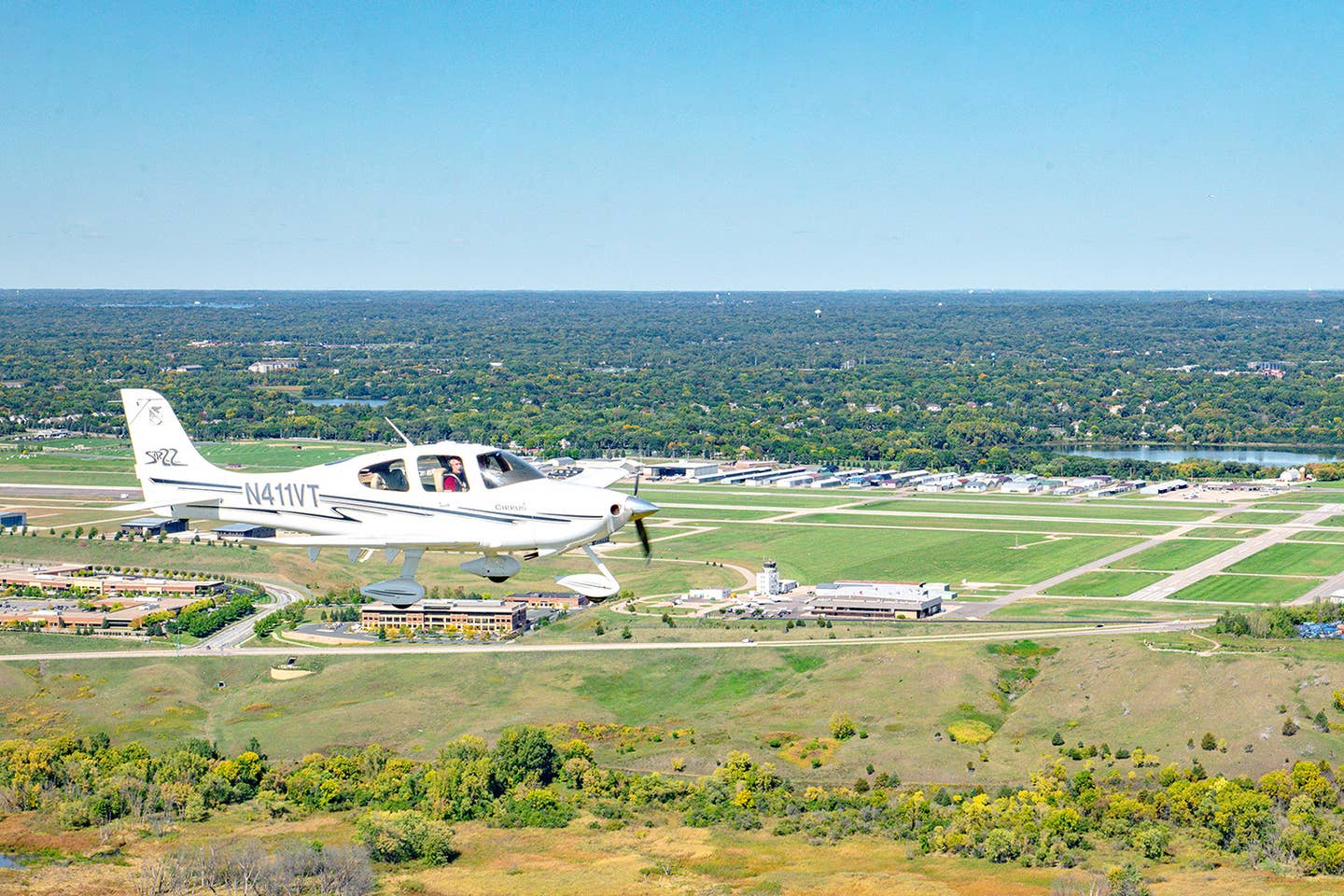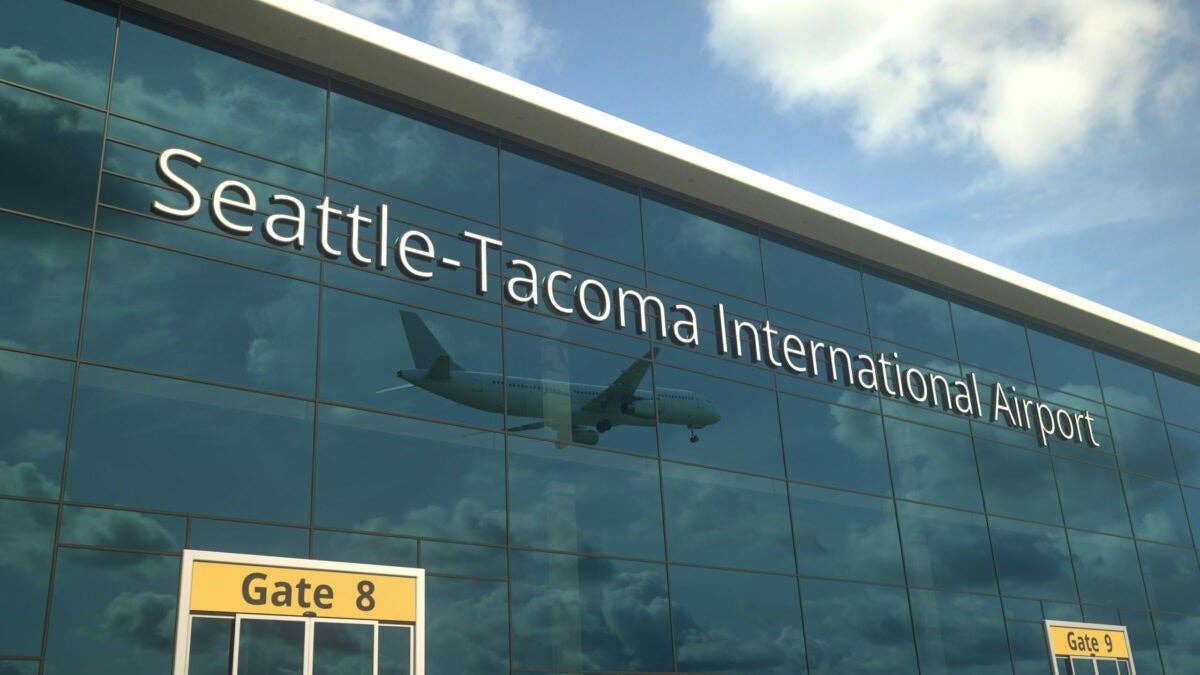After Years of Doubt and Decline, Toronto’s Buttonville Airport Is Closed
The family-owned field rose and fell over a 60-year period.
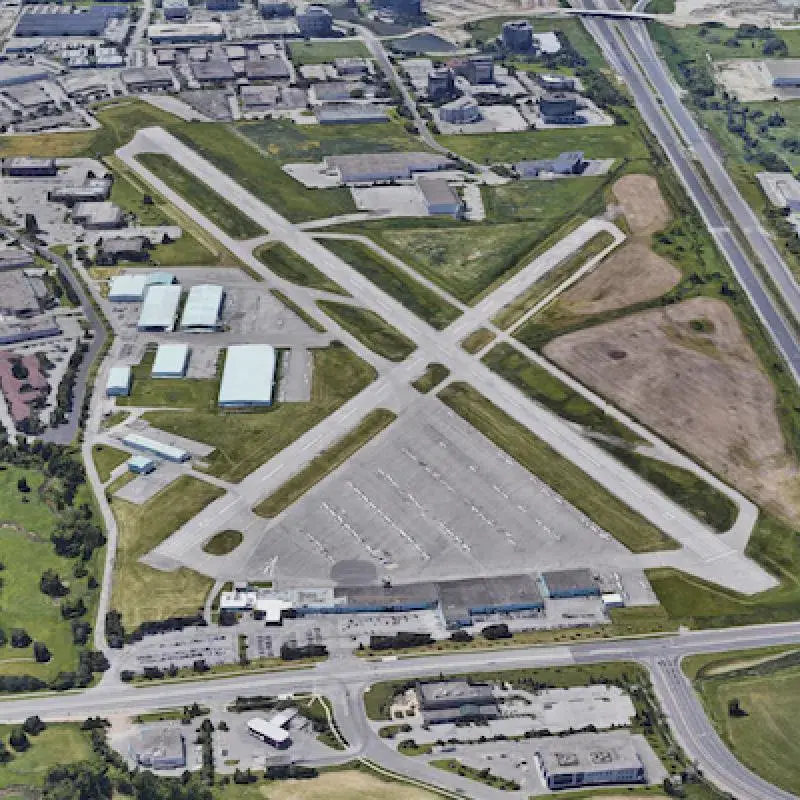
Buttonville Airport grew from a turf strip to a busy urban reliever.
After years of speculation, rumors, and a drawn-out process one local pilot said was akin to a roller-coaster ride, Toronto’s Buttonville Airport (CYKZ), once one of Canada’s busiest, has closed.
Airport management announced in May that the airport would shut down on November 30 and that all aircraft, including about 300 based at the field, would have to be removed by then. While that single message seemed clear, it was part of a series of communications that were not always reliable.
Local pilot Phil Lightstone said some aircraft owners heard the warning and “thought it was another case of, ‘Just kidding.’” Others took the declaration to heart, though, and began moving out. Following the evacuation and official shutdown there was just one aircraft, a forlorn Beechcraft Musketeer, remaining at the airport, Mr. Lightstone said, noting that the Beech is no longer registered and could soon wind up leaving on a flatbed truck.
Pilots based at Buttonville for decades might have considered the latest evacuation order a false alarm because there have been many others through the years. Rumors of impending closure never panned out, even after 2009, when the Sifton family who owned the airport sold an interest to real estate company Cadillac Fairview. But a lot has changed since then in the Markham, Ontario area just north of Toronto that the airport occupied, including real estate values.
The airport began as an informal turf strip in 1953. The Siftons acquired the land a decade later and began improving and expanding the field, which evolved into a bustling towered facility with two runways and a range of GA aircraft from light piston singles to jets.
Toronto also expanded, sprawling to the edge of Buttonville and eventually surrounding it with residential, commercial and industrial zones. Where the airport had been comfortably remote from the city it had more recently become landlocked within a dense, urban setting.
The Siftons continued to operate the business but eventually the land’s staggering market value to developers won out. The former airport property reportedly is slated for construction of numerous warehouses.

Sign-up for newsletters & special offers!
Get the latest FLYING stories & special offers delivered directly to your inbox

